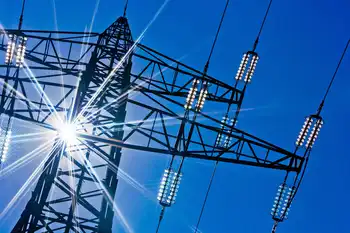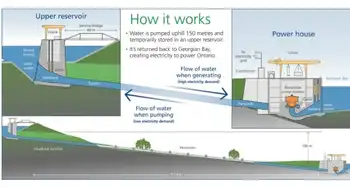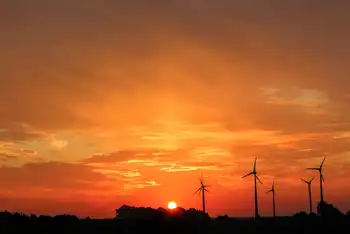States Ask FERC To Override Virginia Grid Law
WASHINGTON -- - Regulators from Pennsylvania and two other states have asked the Federal Energy Regulatory Commission (FERC) to override the Virginian legislature attempt to block two key utilities from joining a multi-state electric grid effort.
In February, Virginia passed a bill that bar its two utilities -- subsidiaries of Dominion Resources Inc. and American Electric Power Co. Inc. -- from joining any grid group until after June 2004, and only then with the express permission of its utility commission.
But utility regulators from Pennsylvania, Michigan and Ohio asked the FERC to override Virginia and order AEP to join an established grid group.
Alternatively, they asked FERC to require AEP to sell its transmission assets to a third party, which could then join a grid group.
"States may not, under the guise of local regulation, establish laws or rules which regulate the interstate grid," the states said in a filing.
If FERC issues a decision in the matter, it would go directly to the U.S. Supreme Court on appeal.
The FERC believes combining the nation's patchwork transmission grid into regional groups will bring more reliable and cheaper wholesale electricity to consumers.
But the agency has taken considerable flak from states in the South and West for its grid-combination efforts.
Such opposition from Virginia threatens to derail the FERC's vision for a interconnected grid.
AEP, Virginia's second-largest utility, told FERC in February that it wants to join the PJM Interconnection, which operates the mid-Atlantic grid. It backed away from its request after Virginia's action.
PJM wants to create a combined electricity market with the Midwest Independent Transmission System Operator by October 2004. The market would stretch over 26 states from the Appalachians to the Rockies and into Canada.
Virginia's action could make that network "only a dream for years to come," said giant utility Exelon Corp., whose Commonwealth Edison Co. subsidiary also wants to join PJM.
Exelon, in a separate filing, accused Virginia of "unconstitutional interference with interstate commerce," charging that the state's action violates the commerce clause of the U.S. Constitution.
Related News

China's nuclear energy on steady development track, say experts
BEIJING - While China has failed to accomplish its 2020 nuclear target of 58 gigawatts under operation and 30 GW under construction, insiders are optimistic about prospects for the nonpolluting energy resource in China over the next five years as the country has stepped up nuclear approvals and construction since 2020.
China expects to record 49 operating nuclear facilities and capacity of more than 51 GW as of the end of 2020. Nuclear power currently makes up around 2.4 percent of the country's total installed energy capacity, said the China Nuclear Energy Association. There are 19 facilities that have received approval…




